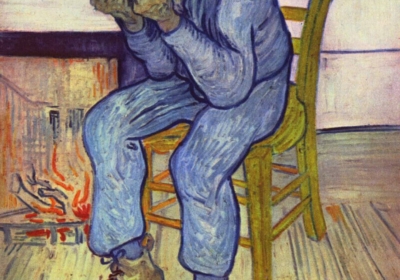#TurnIgnoranceAround
It is no surprise by this point in his candidacy that Donald Trump is no friend to Latinos. Along with his rants about building a wall between the US and Mexico, he has attacked the Mexican people personally. In June of last year he was infamously quoted saying, “When Mexico sends its people, they're not sending their best. They're not sending you. They're sending people that have lots of problems, and they're bringing those problems with them. They're bringing drugs. They're bringing crime. They're rapists. And some, I assume, are good people."







